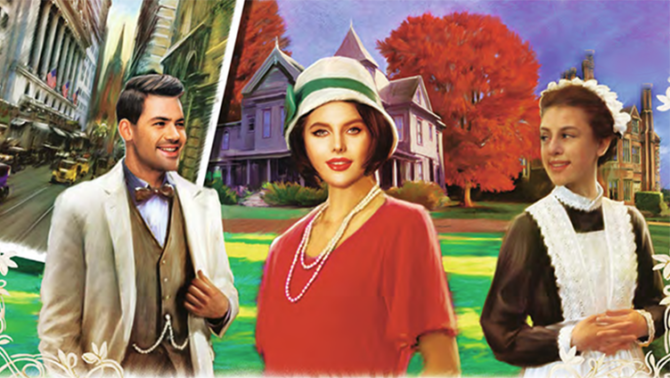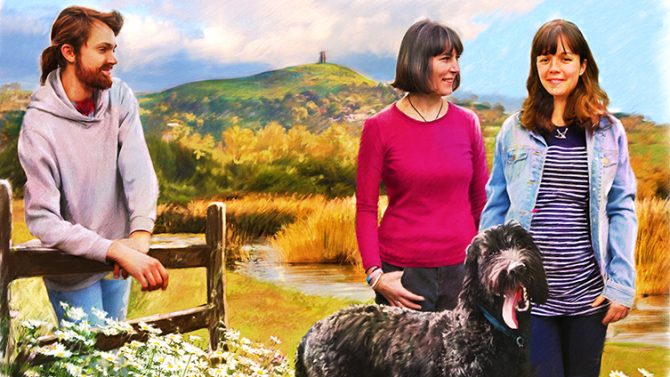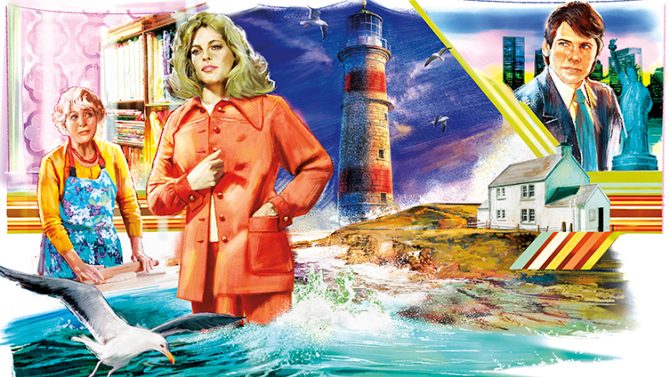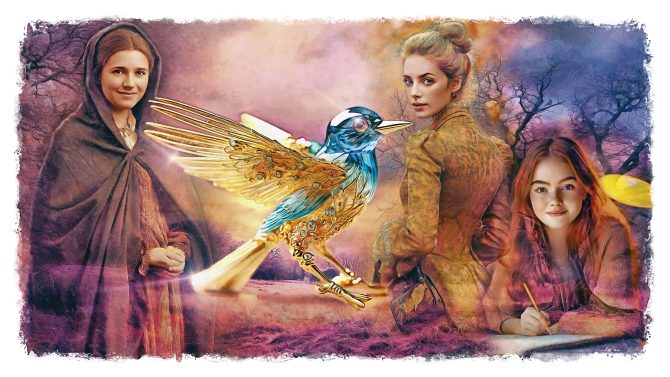On Distant Shores – Episode 49
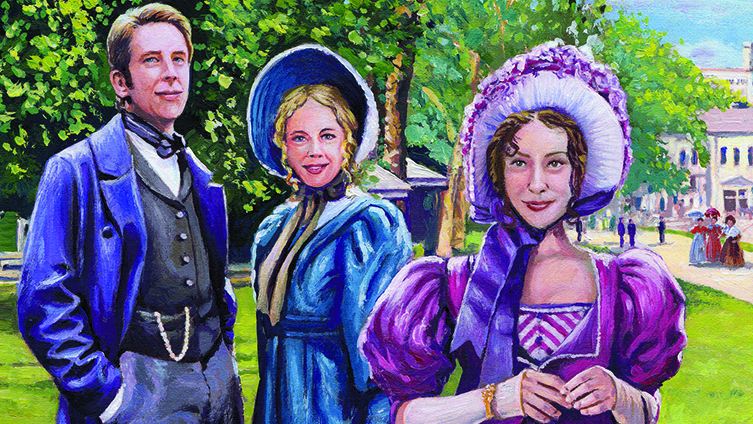
Harriet bit her lip and glanced at George, who was frowning at the tension that suddenly seemed to crackle in the still, hot air of a summer’s afternoon.
“Such a day came to your father.”
“He was a man in his seventies! Lord above, I’m still well able.”
“Of course you are,” Harriet said quickly. “I wasn’t suggesting otherwise, Allan, but why not have a little help?”
“I’m fine here with George,” Allan said, and his tone held a grim finality. Harriet knew better than to press the matter.
“Have another drink,” she said, and refilled both of their cups. Allan accepted it, taking off his hat and sitting on the ground, his forearms braced on his knees.
“It’s a good life we have here, isn’t it, cridhe?” he said, using the Gaelic endearment Harriet hadn’t heard in a long time. He squinted his eyes against the sunlight as he surveyed the green fields rolling to the blue sky, fleecy white clouds scudding across.
“It’s a wonderful life,” Harriet said firmly. “The best I’d ever hoped for.”
“It has been good,” Allan agreed, his gaze still on the horizon. “We’ve been blessed, you and I, Harriet, even though we’ve had our fair share of sorrows.”
“We have.” She thought of Allan’s brother, dead now nearly 20 years, and their own firstborn son, who had died of a fever nearly as long ago. “I’m thankful,” she said simply, and Allan turned to smile at her.
“As am I. But this field won’t plough itself.” He handed her the cup and rose to his feet, staggering slightly as he straightened.
“Allan –” Instinctively Harriet reached for him, grabbing his arm, and he clutched at her to right himself before shrugging her off. “Perhaps you should rest.”
“Rest when there’s work to be done?” He jammed his hat back on his head and turned towards the plough. “It was a moment’s dizziness, that’s all, caused by the sun. We’ll see you at supper.”
Nodding, knowing better than to say anything else, Harriet hoisted the water pail once more. If she’d come out here to allay her fears about Allan, she’d failed. Heading back to the house, she knew she was more worried than ever for her husband’s health.
* * * *
Care for a meal up at the Oyster House?”
Ian glanced up from his untidy desk where he’d been scrawling a few last notes on one of his patients. His colleague, Peter Smythe, sandy-haired and smiling, stood in the doorway. Outside it was already dark and the hospital was emptying of doctors and visitors. The patients still lay in their beds, many of them waiting to die, for often the only reason one came to the Massachusetts General Hospital was because options – and hope – had run out.
“I’d be glad to,” he said and put his pen and ink away. Going to the Oyster House was a far more appealing prospect than returning to his house and Caroline’s accusing silence.
The accusing, Ian knew, was in his own mind. On the surface Caroline had been nothing but patient and loving, arranging all the household matters with a quiet competence she’d developed in five years of marriage. Still, Ian felt the guilt of his refusal to use her uncle’s money to fund his research. He was a hypocrite, he knew, to refuse it, and his stubbornness had hurt his wife. Yet he could not change his mind. He wouldn’t, for the thought of Rydell’s money going to a cause so dear to his heart made his stomach sour.


